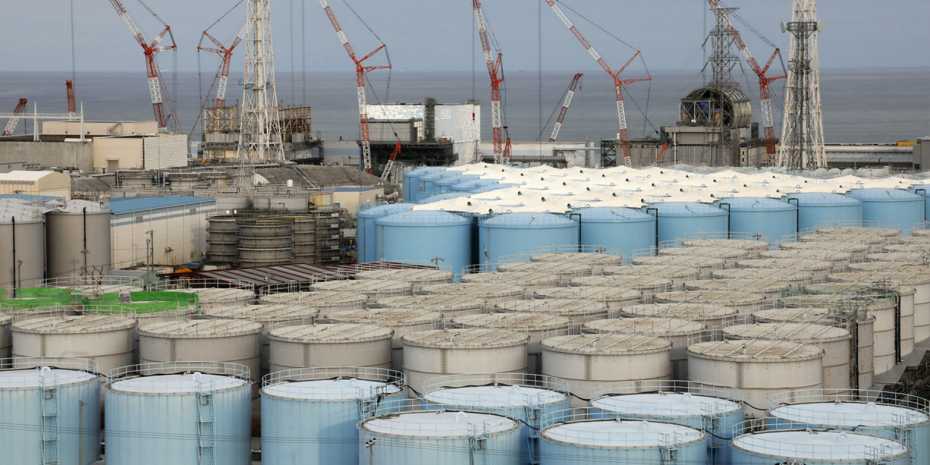
A filter membrane developed by researchers at the Swiss Federal Institute of Technology in Zurich (ETH) some time ago is able to remove not only heavy metals, but also some radioactive elements from water. According to an ETH press release, the membrane has successfully purified hospital effluents contaminated with radioactive elements. Their study was recently published in the journal “Environmental Science: Water Research & Technology”.
Laboratory tests have shown that the membrane made of denatured whey proteins and activated carbon can filter out radionuclides used in the medical field from water with efficiencies of over 99.8 percent “in just one filtration step”. Raffael Mezzenga, ETH Professor of Food & Soft Materials, and his Senior Scientist Sreenath Bolisetty also tested their filter membrane with a sample of real effluents from a Swiss hospital. It contained radioactive iodine-131 and lutetium-177. Both elements were almost completely removed from the water.
Hospitals must store substances used to treat cancer or as a contrast agent in imaging procedures safely and securely in special containers until the radioactivity has dropped to a harmless level. This creates problems with space. Personnel and the environment also have to be protected from radiation. “Thanks to our membrane, it’s possible to enormously reduce the amount of waste and to store the radiating elements as compact, dry solids,” explained Mezzenga in the press release.
The study’s co-author Bolisetty is now preparing a pilot project with a large Swiss hospital through his company BluAct Technologies, a spin-off of ETH Zurich. He is also in negotiations with a Japanese company involved in the Fukushima clean-up operation. Here, one million liters of radioactively contaminated water has so far only been purified by up to 70 percent. The Japanese government is planning to dump this water in the Pacific Ocean come 2022. “If they used our filter, they wouldn’t need to,” said Mezzenga. Bolisetty adds that he is already “positive that Japan could start using the filter membrane right now and, in doing so, solve a serious environmental problem”.
Related news
Meet with an expansion expert
Our services are free of charge and include:
- Introduction to key contacts in industry, academia, and government
- Advice on regulatory framework, taxes, labor, market, and setting up a company
- Custom-made fact-finding visits, including office and co-working space